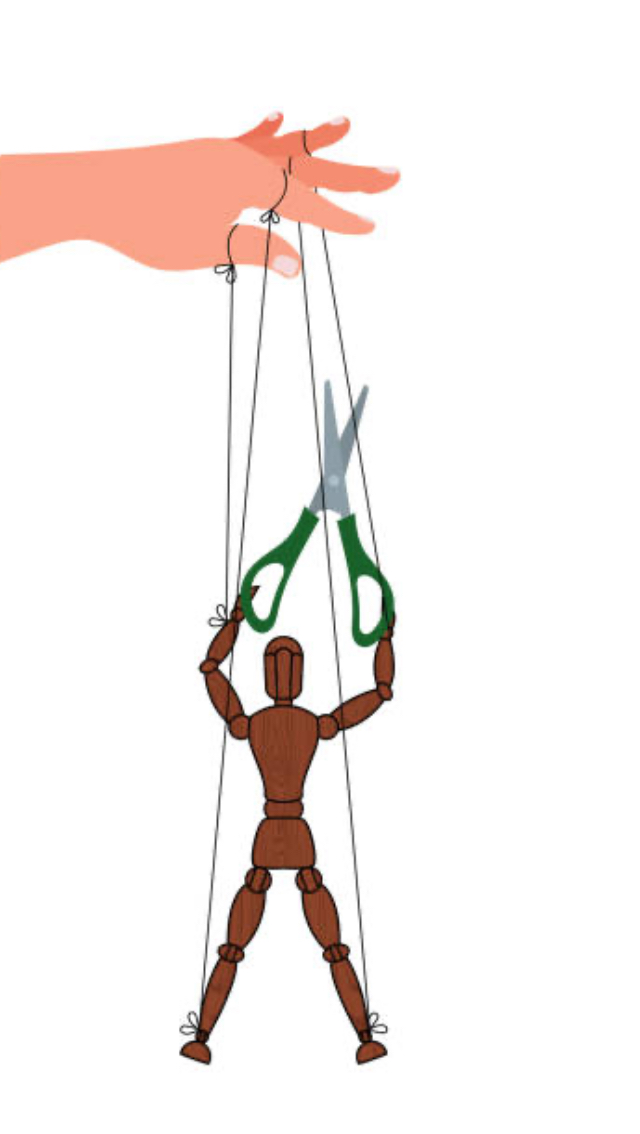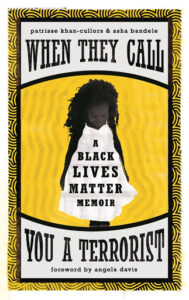What Is Emotional Colonization?
Emotional colonization happens when one person (or a system) assumes ownership over another’s emotional reality. It’s not just control—it’s the rewriting, minimizing, or overtaking of your internal world in order to uphold their comfort, authority, or image. It’s a demand that your feelings, boundaries, and truth revolve around their needs, their interpretations, their definitions of what is acceptable.
Much like territorial colonization, this is a form of invasion and domination—but instead of land, it’s your psyche, your autonomy, your nervous system and internal landscape being overridden.
Signs of Emotional Colonization
My pain is tolerated only if it doesn’t implicate them, their behavior, or their sense of entitlement.
My needs are reframed as threats, manipulation, or instability.
I am labeled “difficult,” “too sensitive, demanding,” or “unstable” for simply speaking my truth.
Naming harm/upset or asking for repair is treated as betrayal or aggression.
And my refusal to participate in it—without resorting to war or submission—is radical.
Refusing emotional colonization consistently results in rupture– because I withdrew consent to a system that required my emotional servitude. To those who depend on that system, our sovereignty feels like betrayal. But it isn’t.
It’s recovery. It’s reclamation.
It’s the long, painful return to self-governance—where my needs, limits, and truths exist without needing someone else’s permission.
Calm but not compliant? I’m cold.
Expressing pain without attack? I’m needy and manipulative.
Boundaries without hostility? I’ve “cut them off.”
This is the pattern:
My truth is pathologized.
My pain is punished.
And the story of what happened gets rewritten—not as harm I endured, but as drama I created.
These systems are ancient.
They show up in families, in intimate partnerships, in institutions.
They are built on unilateral authority—where one person’s comfort, control, and image outweigh everything else.
To that system, my middle path—what I call the third way—is intolerable.
I’m no longer collapsing to maintain proximity.
No longer calcifying in resentment.
I’m choosing not to participate in something that only functions if I diminish myself.
This isn’t appeasement.
It’s not severance.
It’s integrity.
It’s truth.
It’s refusal.
Why It Hurts
When I step away from emotional colonization, I’m not rejecting connection.
I’m inviting real connection—where all people matter, where honesty doesn’t threaten love.
But emotional colonizers don’t want mutuality.
They would rather wage a war where anything goes—distortion, blame, accusation, silence—
than engage in conflict where we each arrive as equals with shared intention.
That’s why this choice is costly.
Not because I was unkind, but because I stopped consenting.
Not because I burned a bridge, but because I stopped building it alone.
And yes, it may be recast as abandonment.
By those who confuse reverence and compliance with love.
By those who need someone to play the role that doesn’t challenge the unspoken rules.
Once I stopped agreeing to any version of that script or role—once I stopped collapsing to avoid banishment and anhillation—something shifted. It wasn’t just distance or withdrawal. It felt as if my struggle became a kind of confirmation for them. Like, “See? This is what happens when you stop being who we need you to be.” There was this not so quiet “serves you right” energy. Not always loud or obvious, but present. A subtle satisfaction in my hardship. As if my pain proved their point. As if my struggle restored the power dynamic they believed they were owed.
So, I’m not playing that part again.
I remain open to honesty.
To dignity.
To repair.
And when someone steps toward me with truth and tenderness?
I’ll recognize it.
I may not yet fully know, first hand, what true, mutual and safe connection looks like—but I’ve come to clearly recognize what it’s not.



